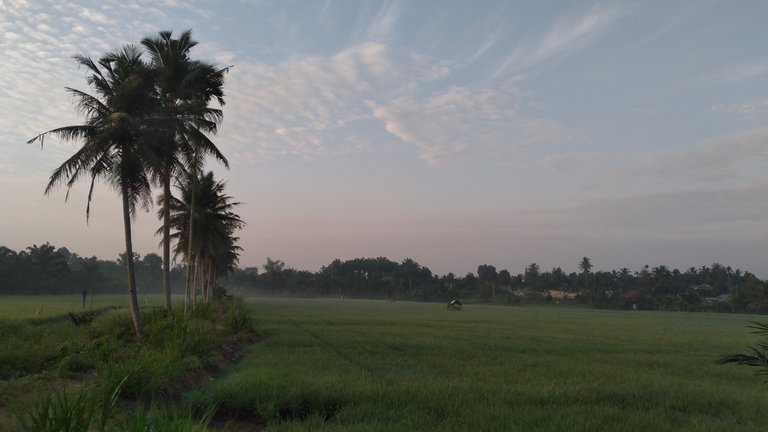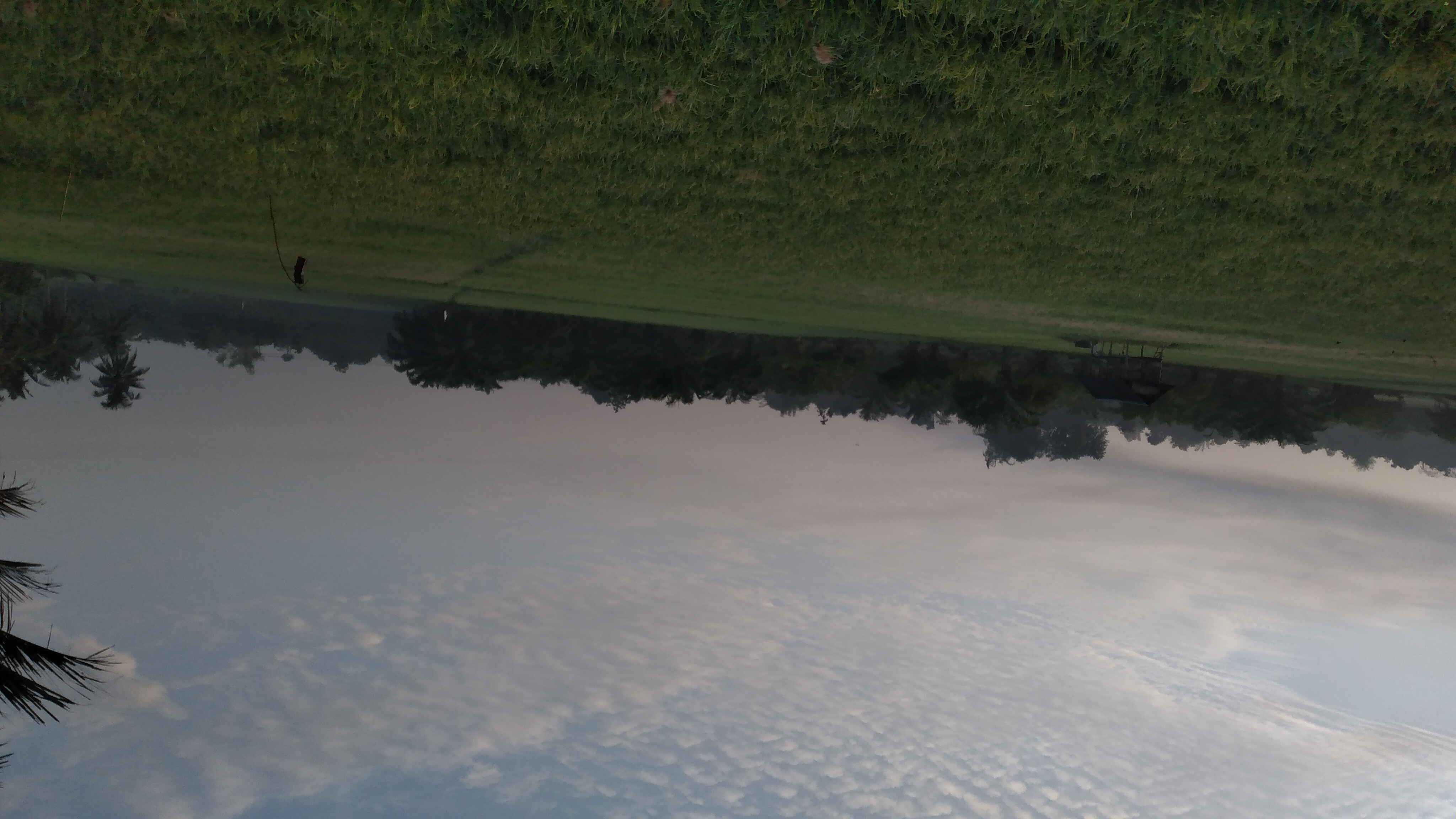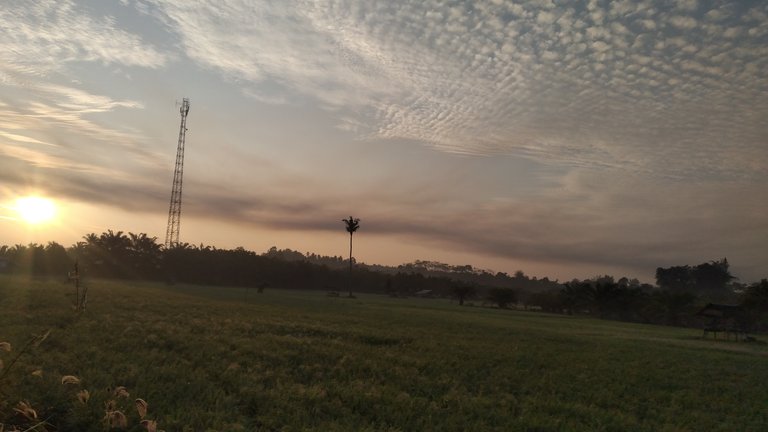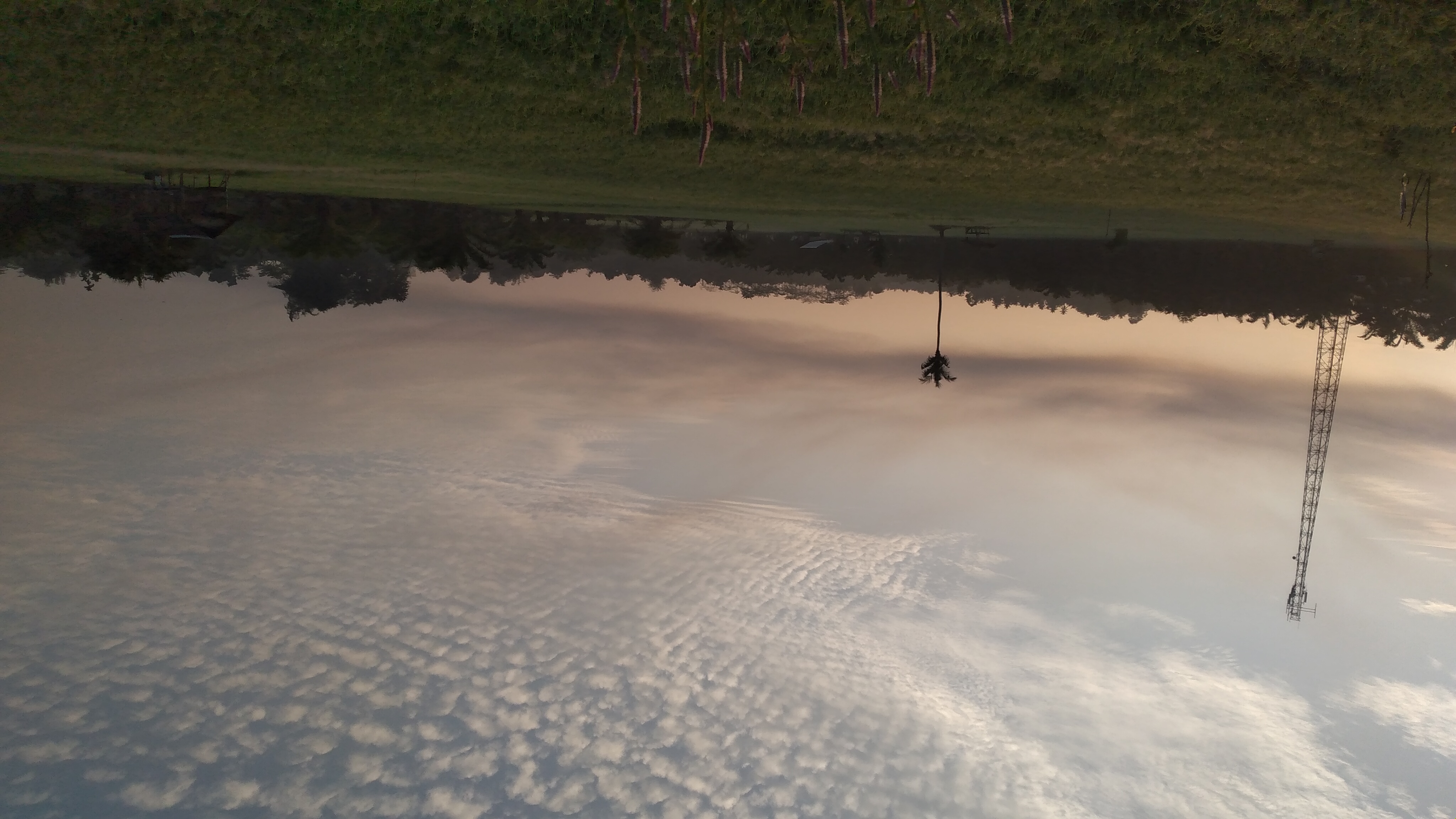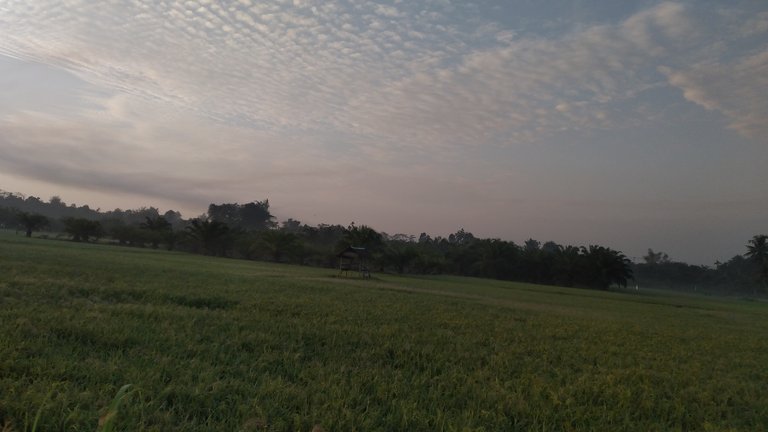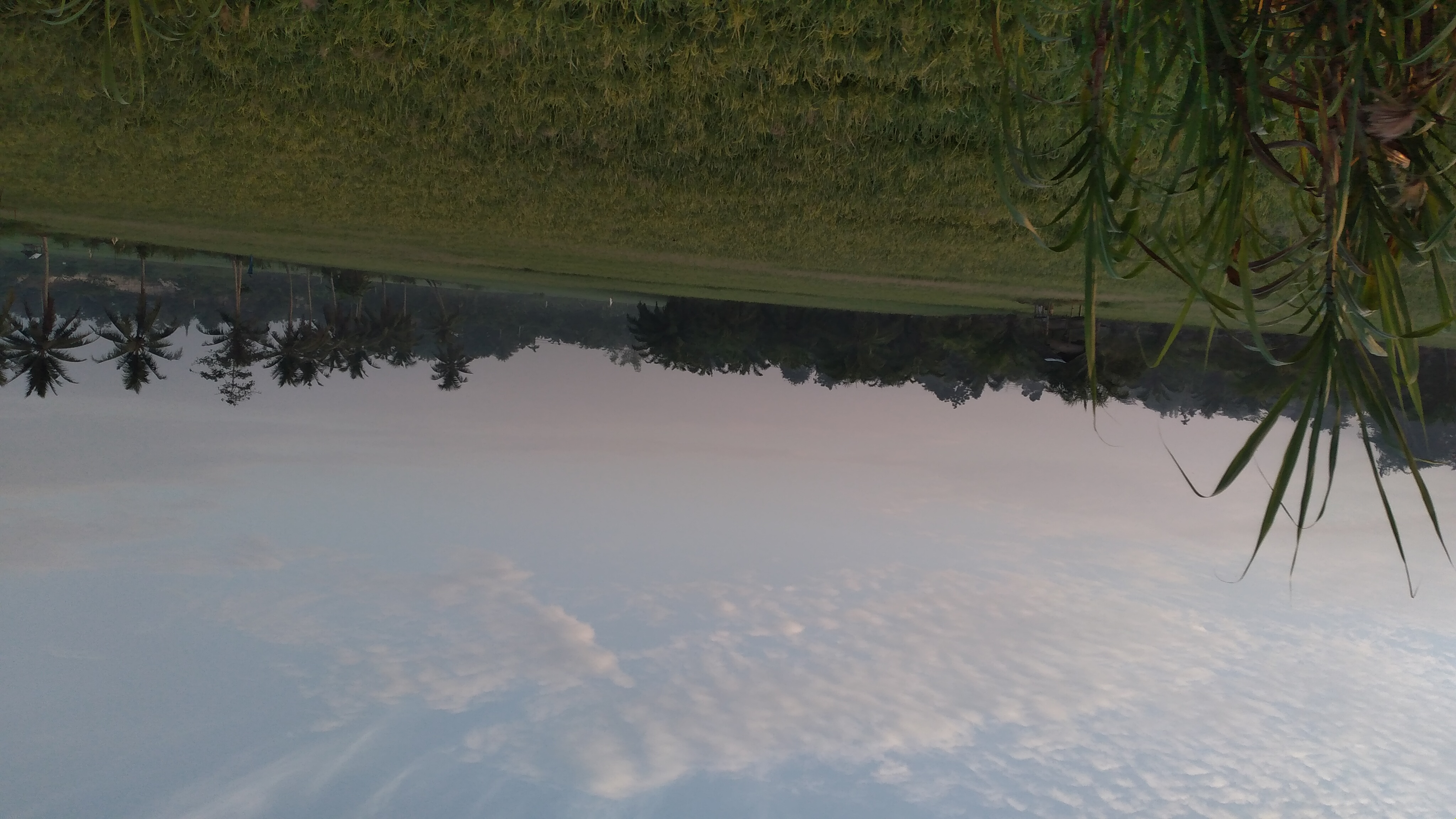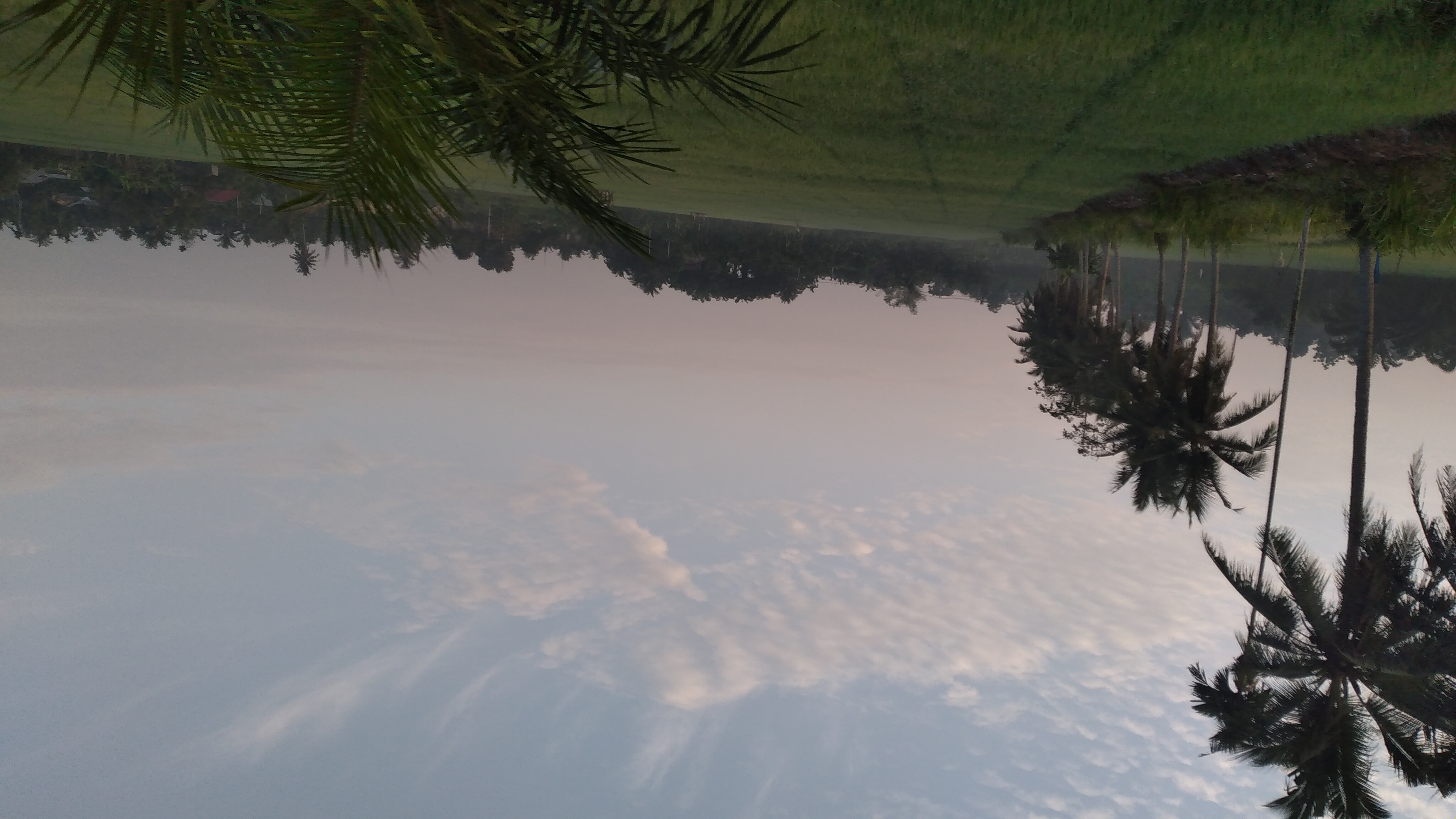
Jatiluwih itself is at an altitude of 700 meters above sea level (masl) and is located at the foot of Mount Batukaru, the second highest mountain on the Island of the Gods. It takes 1.5 hours from Denpasar city center to reach Jatiluwih with a distance of around 50 kilometers (km). Data from the Tabanan Regency Agriculture Service records that the area of terraced rice fields in Jatiluwih reaches more than 50,000 hectares (ha) or the largest in all of Bali. Like most areas in Bali, Jatiluwih also has several historical stories and myths that are still believed today among the local community. According to I Nengah Sutirtayasa, Head of Jatiluwih Tourist Attractions (DTW), based on folklore from the past, Jatiluwih is believed to come from the words jaton which means real charm and luwih which means good or nice, so it can be interpreted that Jatiluwih is a village that has good charm. and real. And this beauty was also enjoyed by former United States President Barack Obama and his family who took the time to travel to Jatiluwih during their visit to Indonesia in June 2017.
Obama and his family also enjoyed Subak Jatiluwih like other tourists who felt various beautiful sensations when visiting here. Like the sensation of going down to the rice fields and experiencing farming activities such as hoeing, cleaning the fields or nampadin, plowing the fields (ngelampit), leveling the land of the fields (mlasah), planting rice (nandur), and harvesting (sasih sada). Not only can you enjoy the sensation of farming or taking photos, this rice field area is also used by local and foreign tourists as a trekking, hiking route and you can rent a bicycle to enjoy the beauty of the vast rice fields of Jatiluwih. Furthermore, not far from the terraced rice fields, Jatiluwih also has another beautiful asset in the form of the Yeh Ho waterfall. It is recommended that the best time to freely enjoy all the natural treats here is from 8 am to 5 pm local time. And if you visit Jatiluwih from February to April you will find a beautiful view, namely when the rice stalks start to grow and the fields start to turn yellowish green. Meanwhile, in June-July, the harvest time arrives.
